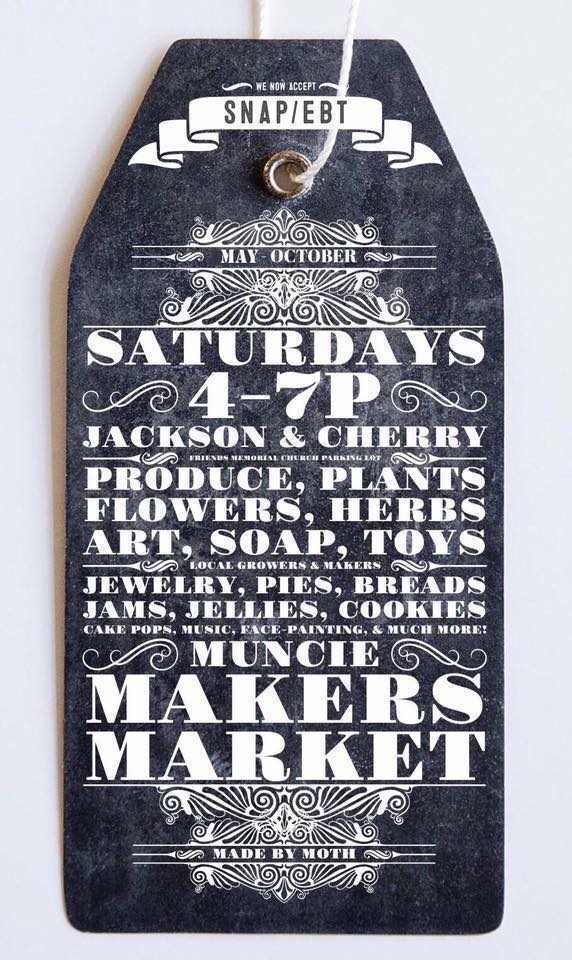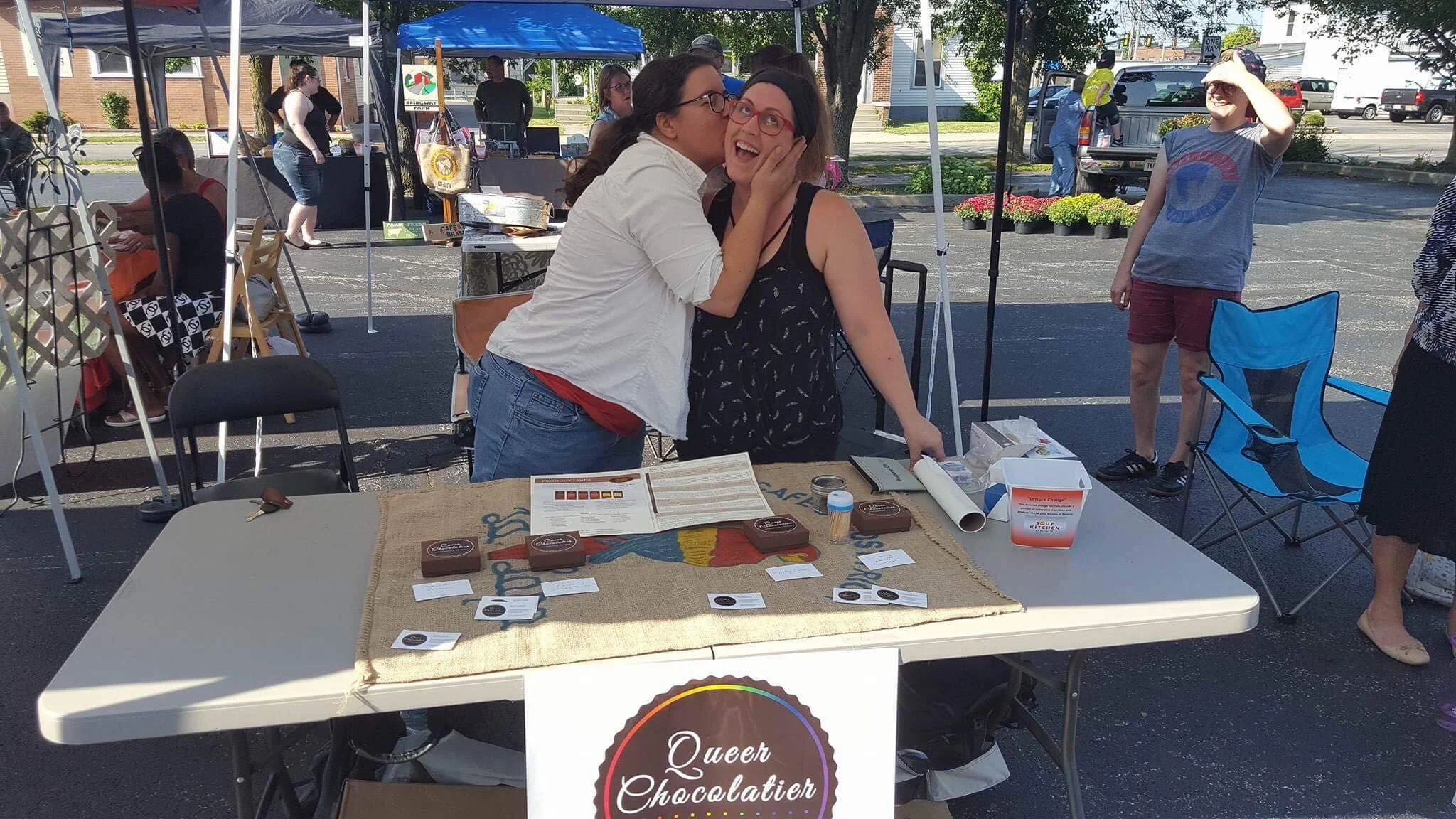I feel like a walking shadow version of myself.
I think folx generally like to fancy themselves as good people, good friends, and good partners. Include me in that camp. But, deep down, we all know the few times we could have all been a better friend to someone (letting a call go to voicemail instead of answering) or a better person (I don't pick up every piece of litter I see, but I sure as hell take back my shopping cart to the space it belongs because I'm not a monster).
What I mean by Shadow Morgan, though, is I feel something different and shifted in addition to not feeling like a good friend or wife or person.
- My energy is shifted. I feel less extroverted than what I usually feel.
- My home-cooking is different and uninspired, mostly because of a lack of appetite.
- My interest in anything new, unless it is complete escapism, has waned.
But I don't let calls go to voicemail anymore. Mostly because a lot of those calls have rightfully just stopped coming through.
Is it worth it?
I have this very question in my head that works like a nagging snooze alarm. It's nagging in the sense that it comes around way too often, but irregularly so. Usually at times when I am feeling particularly low.
Funny how I don't often ask this of myself when I have good moments and days.
It gets increasingly difficult to remember and focus on those good, solid wins and it isn't fair to make my wife the Keeper of Good Memories when I am the one who needs to have them in my back pocket. It also isn't fair for me to look externally for the answer of "Is it worth it?" when I am actually living out what I know is a dream.
The honest answer is a begrudging yes. Yes, sigh, it is worth it. Gosh!
What to do with Shadow Morgan?
I figure Shadow Morgan is not just a phase, and isn't just a contextual phenomenon that is tied to the expansion of the business. Yes, I'm sure stress is manifesting itself in some ways. I've certainly become grayer, but I actually like that (and it helps that Cheri likes it, too). But I think the truth might just be a bit beyond the stress of this stage of the business.
I think I may actually have depressive symptoms.
And, purely speaking for myself as I do not care to speak for anyone else who experiences depression, I kinda think coming to this conclusion is a good and healthy step for me (although a confirmation rather than my amateur diagnosis would be wiser). I can explore more clearly my moods and thoughts as they come to me and I can practice a bit more reflection as to how I come to feel the way I do.
Do I intend to go on any steps to medicate myself or pursue therapy or eat nothing but turmeric for a month?
Maybe.
I don't care for the mockery of those who rely on medicine to cope with their day-to-day lives. I also don't particularly care for the mockery of those who follow acolytes who peddle snake oil.
I care for people.
I know that lots of folx are hurting and experience that hurt in a myriad of ways. I know that a lot of people seek refuge in whatever way they can. To that end, I know that there are others who seek to take advantage of those who are seeking help.
Those manipulative assholes can go jump in a lake.
Depression in the LGBTQIA2+ community
Our community experiences significant mental health issues at a greater rate than the general population. Much of our mental health stems from society's treatment of queer and/or trans* folx. Yes, we can get married now, but that was never the main issue for the diverse queer and/or trans* community as much as it was for cis gay men. We still face stigma and discrimination, both on the micro and macro levels (see Oklahoma's new bill signed for "faith-based" agencies to discriminate against LGBTQIA2+ couples from adoption).
Major depression is one of the two mental health issues queer and/or trans* folx experience, along with generalized anxiety disorder. Which means it shouldn't really be too much of a stretch for me to come to understand that I may be experiencing depression that is just manifesting at a time that is also coincidentally stressful.
- I've isolated myself more than I would care to, but I don't have the spoons for a lot of company either.
- I find confirmation of my failures rather than my successes.
- My overall self-esteem is lower than what I would call usual for myself (although, to confess, it was quite high to start).
But, ultimately, coming to see this for what it is will allow me to make adjustments in my life, to communicate these adjustments, and to better manage my own expectations of myself and others.
Shadow Morgan adds another dimension to Morgan, it doesn't replace me altogether, nor is it something to "cure" or "push through" to "get over." That language is fairly violent. It can cause a lot of self-harm to someone who hears those words as a constant message.
Our happiness/comfortable-driven society can go jump in a lake, too, for all I care because we need to address mental health with the dignity and respect it deserves.
New expectations, but same end goal: Open a damn fabulous chocolate house
Opening the Queer Chocolatier Chocolate House is still worth it. I need to say it more emphatically, in all honesty. And the reasons are countless in number. One of them is pertaining to this post: I care for the well-being of myself and for our queer and/or trans* family.
I'm no doctor, although on my way to becoming an entirely different sort of doctor (which I totally and thankfully bailed on), I learned over and over again the importance of communities, spaces, and places and our personal connections to them. Queer Chocolatier is more than just tasty, ethical chocolate. We are queer and we demand to have a space carved out for queer and/or trans* folx and for those who stand in solidarity with us.
- We will post access to resources, both in our chocolate house and on our website for the days you just can't quite leave your own home.
- We will create a library for folx to hear stories that more closely reflect their own.
- We will have Homo Decor pieces to warm your own spaces.
- We will provide ways of connecting folx so that bonds can be created and strengthened.
- And we will keep making damn fine chocolate along the way.
Reminding myself of the things Cheri and I plan to do with our chocolate house, and reminding myself that no one else is building what we are building, is a way for me to peek my head above the fog for a moment and keep in mind that, yes, this is all worth it.
And even Shadow Morgan agrees. Albeit, begrudgingly. I'm okay with that.



